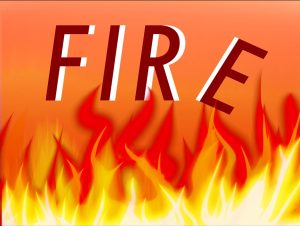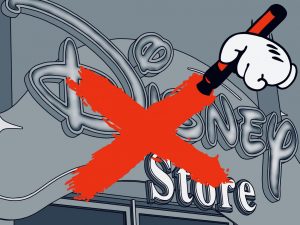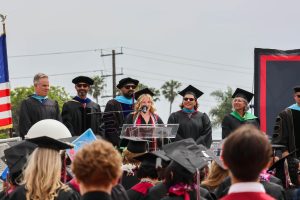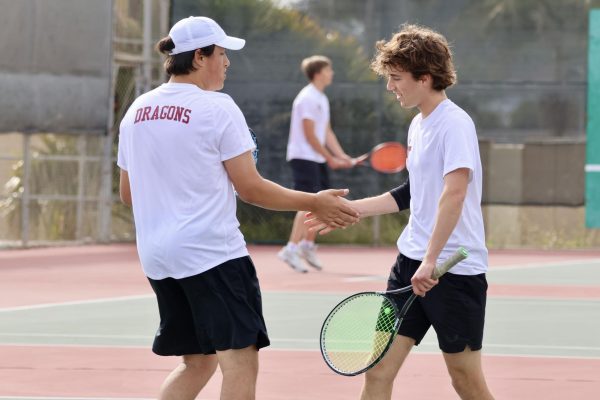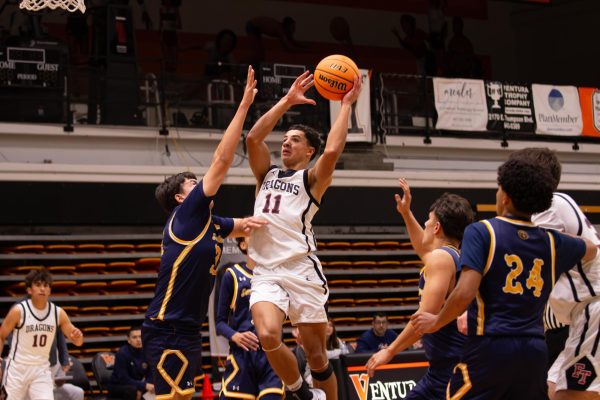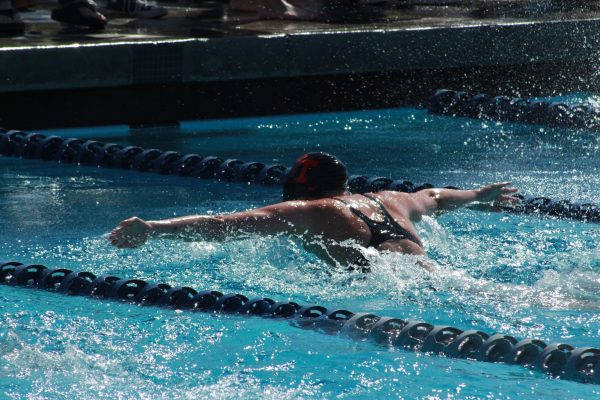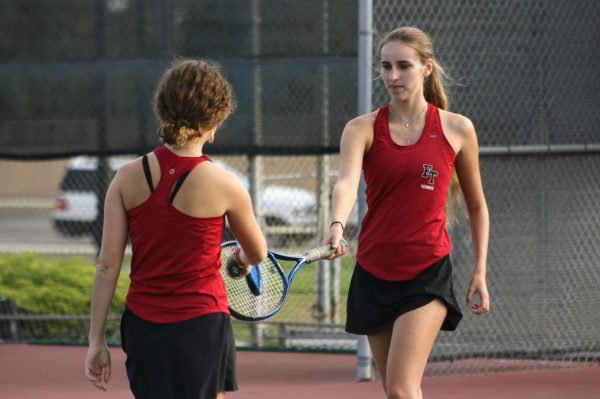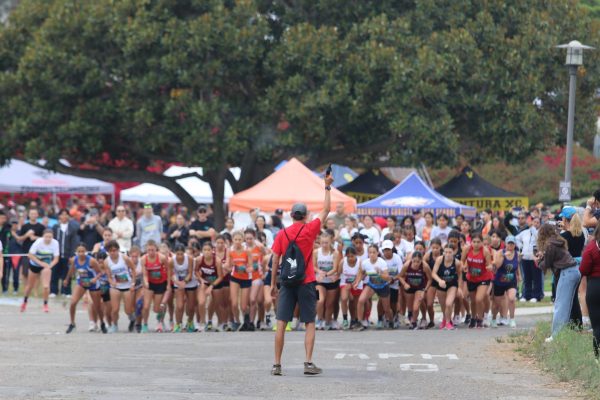Cons of FIRE
March 27, 2023
In March 2023, Buena High School announced that in the 2023-2024 school year, they will follow the same bell schedule as the one Ventura High School shifted to in the 2021-2022 school year. Buena will have periods zero, one, three, five and seven on Mondays and Thursdays; periods zero, two, four and six on Tuesdays and Fridays; and periods one through six on Wednesdays. Knowing that Buena and Ventura will have the same bell schedule, will Foothill Technology High School (Foothill Tech) jump on the bandwagon of changing their bell schedule?
If so, there will be a 30-minute lunch period for all students at Foothill Tech instead of the one-hour lunch period (for most sophomores, juniors and seniors) that has been a part of the school’s schedule as of the 2023-2024 school year. But most importantly, it will remove the Foothill Intervention, Reinforcement and Enrichment (FIRE) period from the bell schedule. Therefore, the situation creates a debate of whether or not FIRE is needed at Foothill Tech.
FIRE is a resource for Foothill Tech students (specifically freshmen, but it is open to all grades) that is available the first 30 minutes of lunch on Tuesdays, Wednesdays, Thursdays and Fridays to get academic and social support from teachers and other students (FIRE leaders). FIRE leaders dedicate part of their lunch time to facilitate a supportive learning environment, and they are willing to do that for other students even if that means having a shorter lunch period compared to the students that aren’t a part of the FIRE program.
FIRE leader Rhea Gill ‘25 remarks, “I don’t think that it’s unfair that I’m getting a shorter lunch period because I signed up for FIRE knowing that it would be that way.”
FIRE leader Arvin Fu ‘23 also has a similar viewpoint. “Each of the years I have signed up to be a part of the FIRE program, I have considered what I value more when it comes to spending my time. Personally, I find that even if I have plans during FIRE, most teachers are rather lenient with pushing meetings back a few minutes. In exchange for half my lunch, I am able to gain experience tutoring students, community service hours and half the credits of a class on my transcript … I do not think that it is unfair or inconvenient for me to be a fire leader.”
On the other hand, the freshmen that FIRE leaders are helping don’t necessarily think it’s fair that they’re getting a shorter lunch compared to the upperclassmen.
Tanvi Dasoju ‘26 mentions, “I think the concept of FIRE can be helpful and useful at times, however personally I would like to have a longer lunch period. So … I feel like I would want a ‘full’ lunch period like the upper grades.”
In addition, there has been lower student participation in FIRE in the 2022-2023 school year.
Fu states, “For students who lead the FIRE program, there wasn’t as much interest as there was last year [2021-2022 school year]. Perhaps students are becoming less confident in their skills to mentor younger students, or see volunteering less important now that there’s no longer a 60-hour graduation requirement. As for students receiving help from the FIRE program, students do seem to be less motivated to use that time to work on their assignments, but it seems to be that way every year.”
Dasoju also expresses, “Due to the fact that many students do not have much to do during FIRE, participation has been a bit low at times. Although there are times when we need to use FIRE, I think it isn’t useful all the time, hence a lower interest and participation rate.”
A second issue that comes up in this debate is finding alternative methods to gain the support that FIRE is providing for students.
Gill shares, “An example of how people can get the enrichment that fire provides is by finding people who can help them with their work.”
Dasoju adds, “Rather than having FIRE as a mandatory session for all freshman students, it could be an optional thing. When you need to seek help from teachers/instructors you can use FIRE to do so, but if not needed that day, then it is not necessary. Or, instead of having FIRE everyday, it could be twice a week which would allow for more break time in a week, making it more fair for all students.”
So, it seems that the FIRE period has been beneficial for the students who are leading it but not so much for the students that it was intended to help. Although its academic and social enrichment is important to the Foothill Tech culture, some freshmen students feel like they’re forced to participate in it. If FIRE is removed from the Foothill Tech bell schedule, students could get the services that FIRE provides through methods like participating in school clubs or working with other students in their classes. Hopefully, academic and social support will be available to all students at Foothill Tech regardless of whether or not FIRE will exist.

